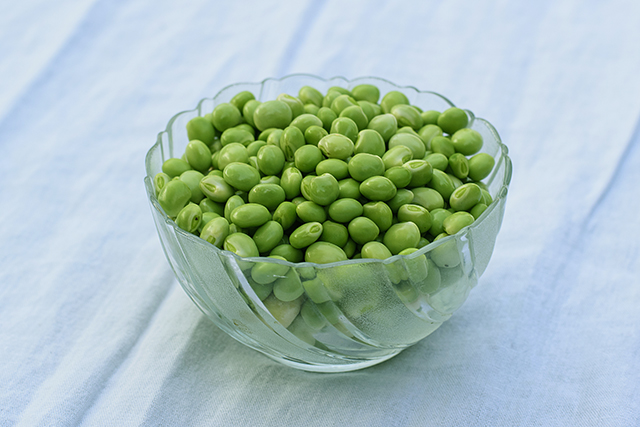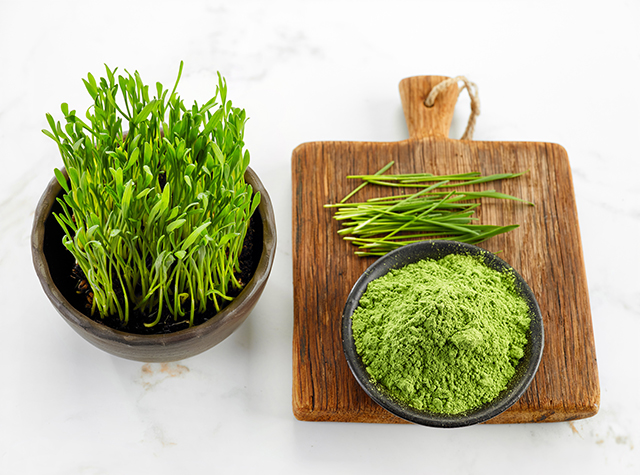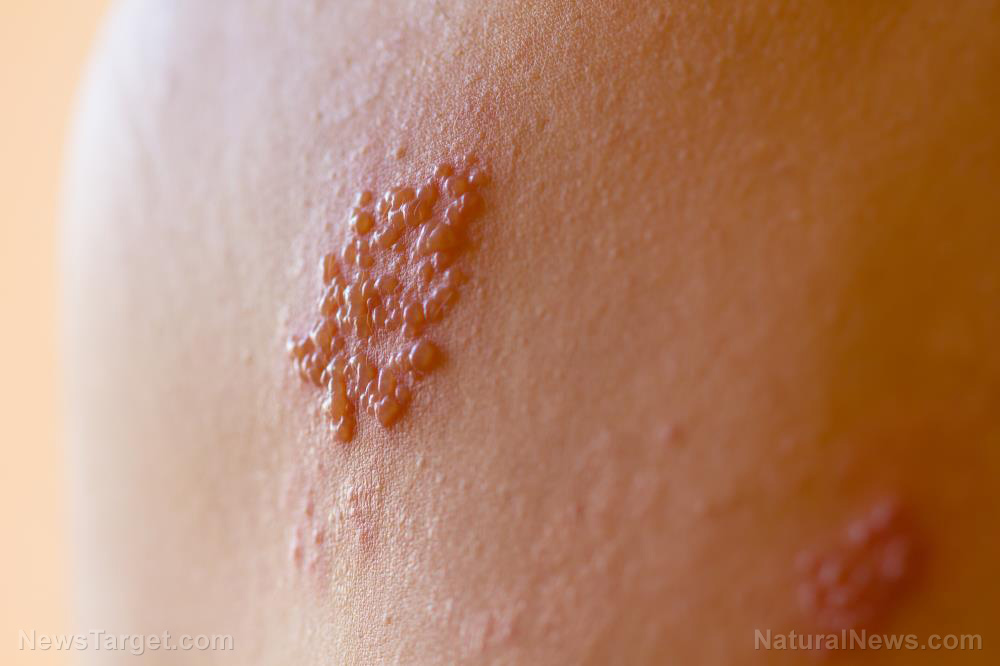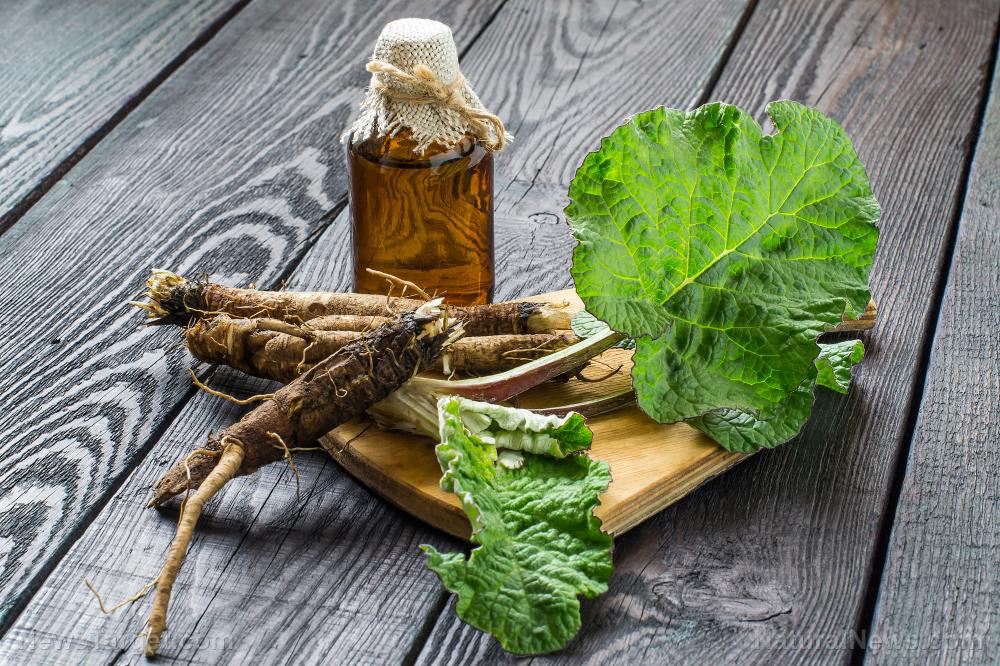Looking at how dietary energy intake helps prevent sarcopenia among cancer survivors
06/04/2019 / By Evangelyn Rodriguez

In this study, researchers from Inje University Haeundae Paik Hospital in South Korea compared the nutritional intake and body composition of cancer survivors with those of healthy individuals using data from the Korean National Health and Nutrition Examination Surveys conducted from 2008 to 2011. The results of their study, which mainly considered the incidence of sarcopenia in cancer survivors, were published in the journal Nutrition Research.
- The long-term health management of cancer survivors is important, especially since their numbers are increasing.
- Sarcopenia could negatively affect their clinical outcome and quality of life.
- The researchers hypothesized that sarcopenia would be more prevalent in cancer survivors and that it is associated with dietary intake.
- Their study included 259 adult cancer survivors and 1,295 healthy participants who underwent body composition tests and had no chronic diseases.
- The researchers used skeletal muscle mass below the cut-off value (men < 6.58 kilogram per squared meter (kg/m2) and women < 4.59 kg/m2) adjusted for height as basis for sarcopenia.
- They found that the prevalence of sarcopenia was higher in non-obese male cancer survivors (32.6 percent vs 16.0 percent, P=0.034) than in healthy individuals.
- They also discovered that sarcopenia was more common in obese female survivors (35.1 percent vs 15.0 percent, P=0.005) than their healthy counterparts.
- Using multivariable logistic analyses, they identified factors such as age increase by one year (aOR=1.025; 95 percent CI: 1.001–1.049), male gender (aOR=3.688; 95 percent CI: 6.061–90.910), and a lower BMI (aOR=33.201; 95 percent CI: 13.639–80.823) to be significantly associated with an increased risk of sarcopenia.
- On the other hand, they observed that increased energy intake by 100 kilocalories (kcal)/day (aOR=0.930; 95 percent CI: 0.869–0.995) had a protective effect against sarcopenia.
Based on these results, the researchers concluded that male cancer survivors have a high risk of sarcopenia – especially when they are not obese – but high dietary energy intake could prevent the development of this disease.
Journal Reference:
Kim H, Yoo S, Park YS, Park SG. LOW DIETARY ENERGY INTAKE IS ASSOCIATED WITH SARCOPENIA IN CANCER SURVIVORS: AN ANALYSIS BASED ON THE KOREAN NATIONAL HEALTH AND NUTRITION EXAMINATION SURVEY 2008–2011. Nutrition Research. May 2018;53:15–22. DOI: 10.1016/j.nutres.2018.01.004
Tagged Under: #nutrition, aging, alternative medicine, cancer survivors, diet, disease treatments, food cures, food is medicine, gender, health management, longevity, muscle loss, muscle strength, muscles, natural cures, natural medicine, obese, obesity, old age, prevention, research, sarcopenia, skeletal muscle mass



















